Soil Management
All Soil Management Content
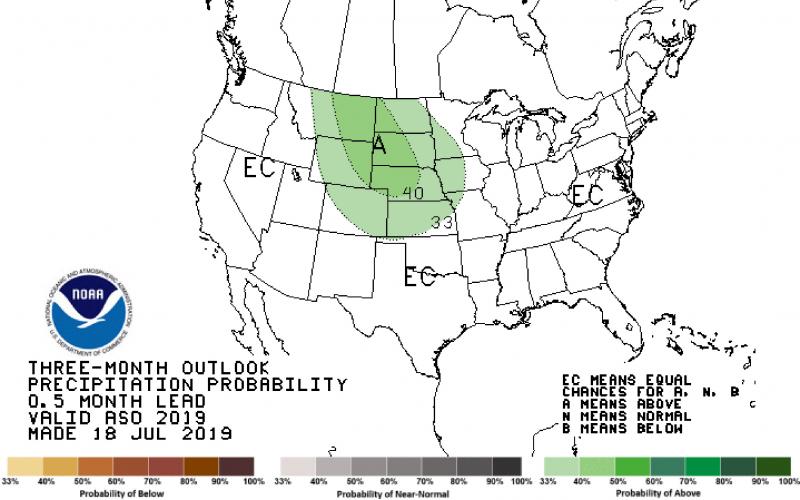
Wet Conditions Likely Into Fall Season
Many locations in South Dakota have already received as much precipitation this year as they do in an entire average year. The latest climate outlook from NOAA’s Climate Prediction Center shows increased chances of wetter than average conditions to continue into the fall season.
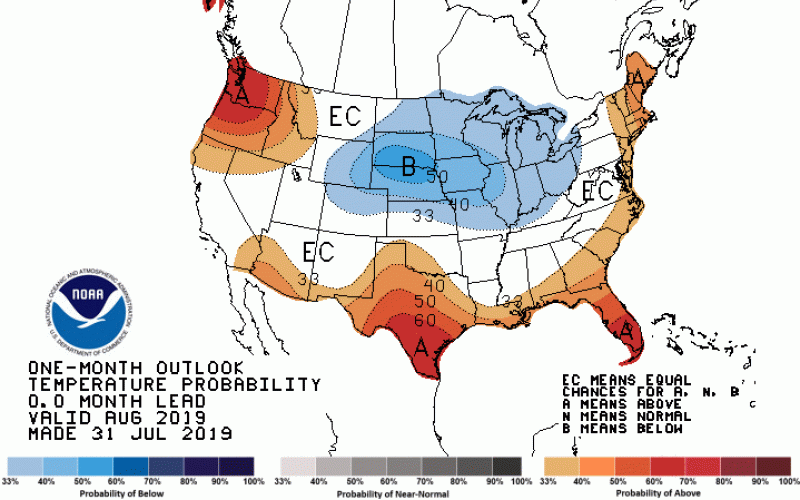
August 2019 Climate Outlook: Cool and Wet
According to the latest climate outlook update, odds are favoring that August 2019 will be cooler than average. The update was released by NOAA’s Climate Prediction Center on July 31, 2019.
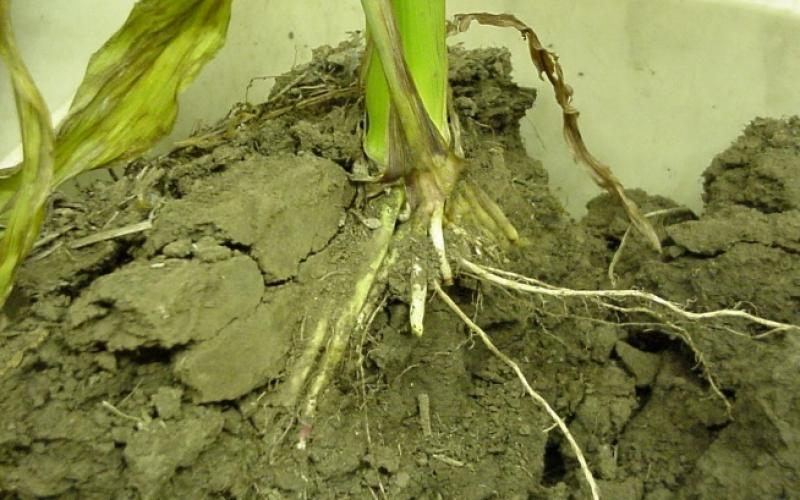
Planting Into Wet Soils
It is evident that there are high chances of planting into wet soils this spring. This is not a good decision when normal soil conditions appear to be attainable, but this year we may not have a choice.
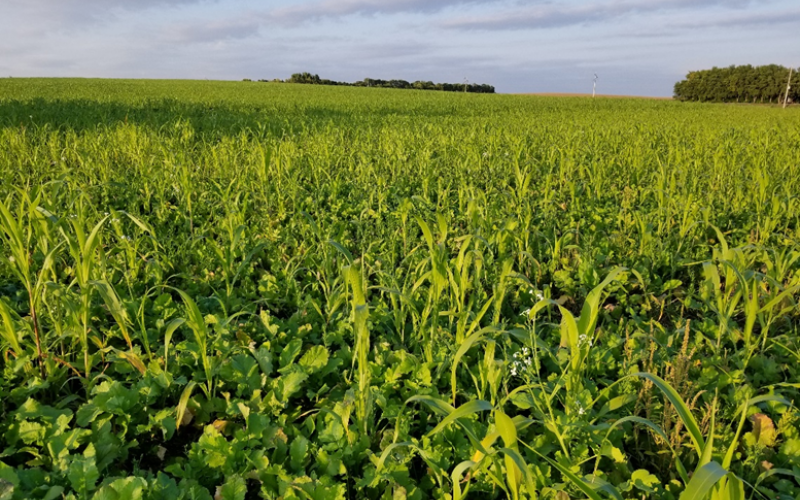
South Dakota Land Use Trends (2012-2017)
Significant education efforts for natural resource conservation have occurred in South Dakota during the last five years. Many stakeholder groups have brought awareness for soil health and water quality to the forefront.
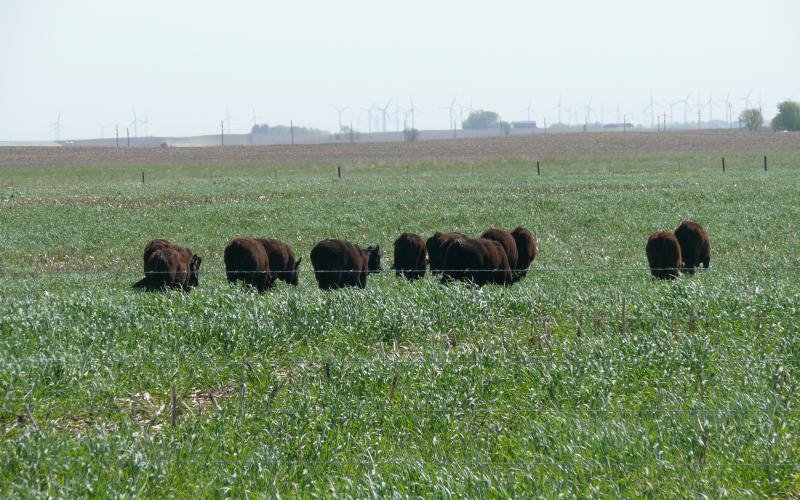
Cover Crops & Livestock Integration: A Profit Opportunity for S.D. Farms
Cover crops have been gaining a reemerging acceptance over the last decade, with very few producers disagreeing about the potential soil health benefits of adding cover crops to their farming operation.
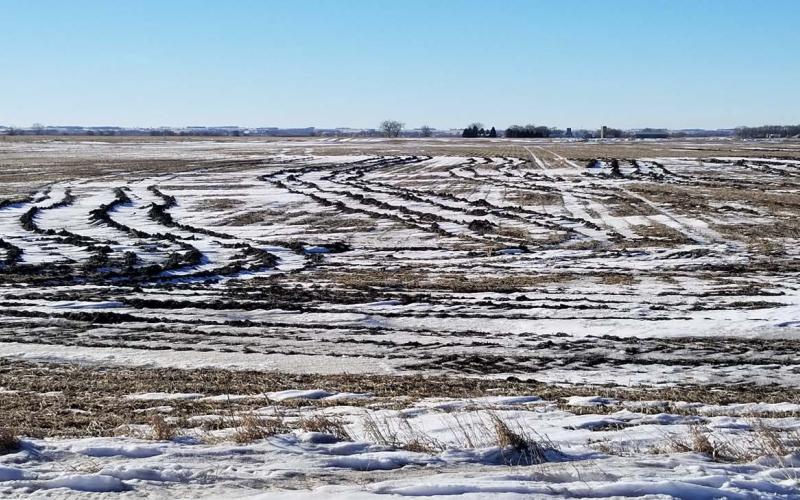
Stuck in a Rut: How to Deal With Field Ruts this Spring
As spring approaches, planting comes to mind, and for many, this means deciding what to do about last fall’s field ruts.
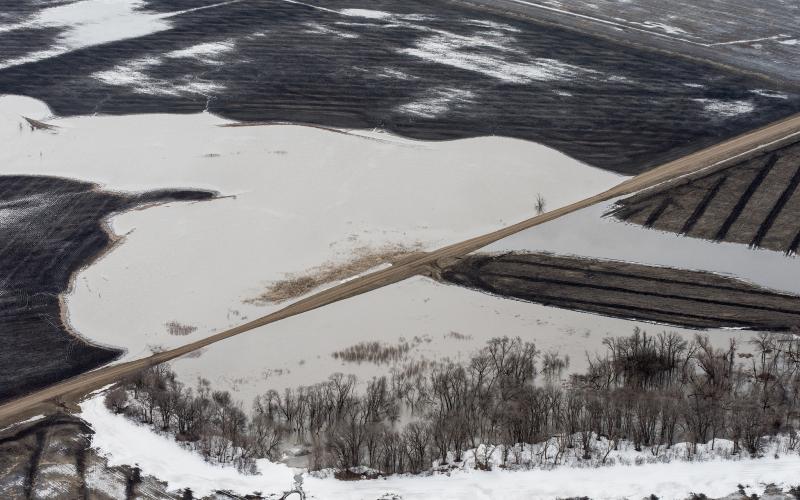
Managing Soil and Soil Fertility After Flooding
During floods, your fields will experience different amounts of erosion, sediment deposition, and crop residue accumulation. To avoid compaction of these soils it is crucial to let soils drain and dry out sufficiently before removing any large debris from fields or working the soil.

Plant Nutrient Analysis: Do your soybeans have the right stuff?
There has been a renewed interest in taking samples of soybean leaves for nutrient analysis as a quality control tool to ensure soil and the fertilizer programs are meeting the needs of the plant to eliminate nutrients as a yield limiting factor.
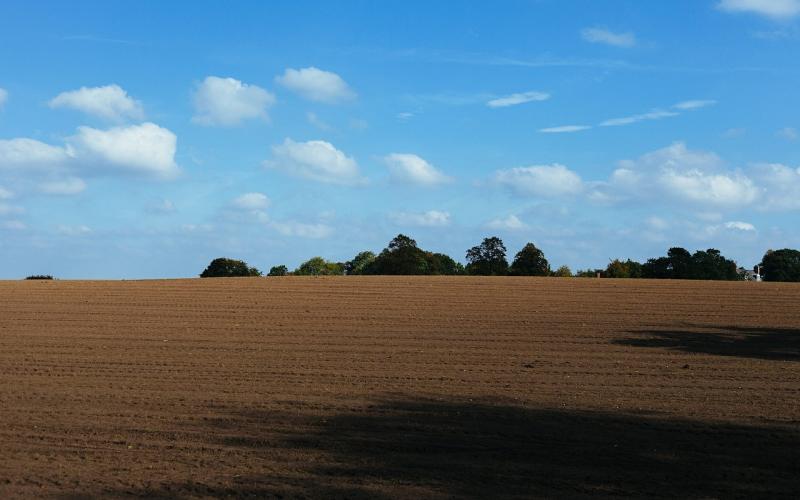
Nitrogen Credit: The Rest of the Story
We have all been programmed to think of soybean as fixing nitrogen from the atmosphere and adding nitrogen to the soil. The SDSU lab and most other labs give nitrogen “credit” when another crop follows soybeans.
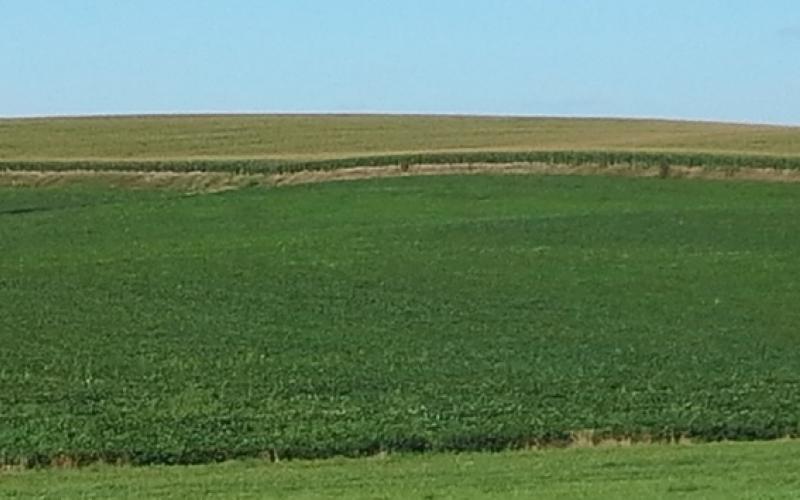
Yellow Soybeans
Yellow soybean areas within fields are being noticed in some areas of the state. There are six factors which could be causing the soybean plant yellowing: nitrogen (N), potassium (K), or sulfur (S) deficiency, iron deficiency chlorosis (IDC), soybean cyst nematode (SCN), or yellow flash from Roundup application.